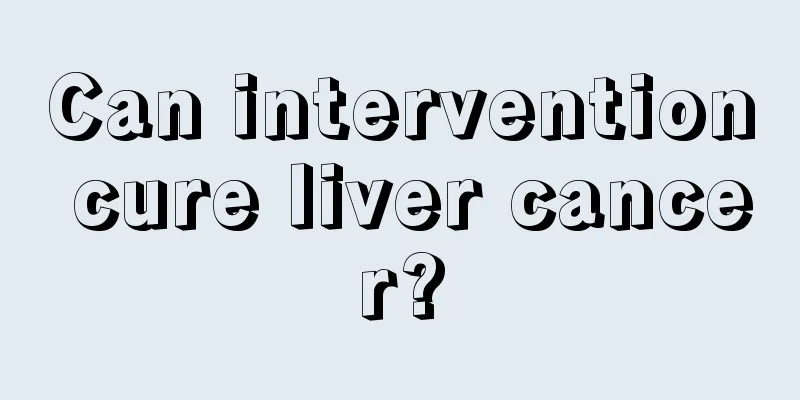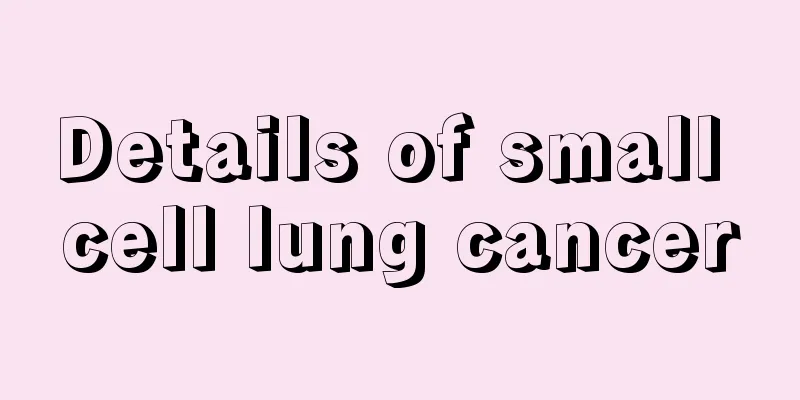6 “devil’s hours” of the heart

|
The heart, which supplies blood to the whole body, seems strong, but it is actually fragile. Recently, Arthur Gaston, a columnist for Popular Health Network and a cardiologist at the University of Miami, summarized the six periods when the heart is most vulnerable based on years of clinical experience and multiple international studies. 1. After overeating In order to digest food, a large amount of blood is diverted to the gastrointestinal tract, and the blood supply to the heart is relatively reduced, thereby aggravating myocardial ischemia and increasing the burden on the heart. If you eat too much greasy food and consume too much fat, it may increase blood viscosity, promote thrombosis, and cause myocardial infarction. Qi Wenhang suggested that it is best to eat until you are 70% to 80% full at each meal, and limit the intake of foods high in triglycerides and cholesterol, such as fatty meat and animal offal. If you often experience chest tightness, chest pain, rapid heartbeat and other discomfort after a full meal, you should go to the hospital promptly to rule out heart problems. 2. When straining during bowel movements When straining to defecate, you need to hold your breath, the abdominal wall muscles and diaphragm will contract strongly, increasing the abdominal pressure, thereby causing a sudden rise in blood pressure and increased myocardial oxygen consumption, inducing angina pectoris, myocardial infarction and serious arrhythmias, and in severe cases may cause sudden death. Qi Wenhang pointed out that even if the stool is dry and difficult to pass, do not force it too hard. If necessary, you can use auxiliary methods such as enema to deal with it. In order to ensure smooth bowel movements, it is best to eat more fresh fruits, vegetables and whole grains rich in dietary fiber. You should also drink plenty of water and exercise moderately. 3. During strenuous exercise Appropriate exercise is beneficial to physical and mental health, but strenuous exercise will force the heart to work at full capacity, pumping several times more blood to the whole body with each contraction. This can easily cause a sudden increase in blood pressure, a rapid heart rate, myocardial hypoxia, and even a sudden heart attack. Qi Wenhang said that it is best to do gentle aerobic exercises such as brisk walking and jogging, and the elderly and those with poor heart should not participate in competitive sports. During exercise, your heart rate should not exceed the target heart rate (180 minus age for those under 40 years old, 170 minus age for those over 40 years old), and the exercise time should not be too long, about half an hour is appropriate. If you experience chest tightness, shortness of breath or other discomfort during exercise, you should sit down and rest immediately. 4. When you are under great pressure or nervous Heart health is closely linked to psychological and mental state. When you are under great work pressure or are nervous, your nervous system will be disturbed, which will affect the working state of your heart. For example, when a healthy person is nervous, he or she may blush, have a faster heartbeat, and higher blood pressure; but if a person has poor heart function, he or she may experience chest discomfort, sudden heart attack, and other problems. Qi Wenhang pointed out that people should learn to release pressure and vent out negative factors such as worries and resentment in a timely manner. When you are nervous, stand naturally, close your eyes, and take deep breaths to help relax your body and mind. 5. Every morning from 6:00 to 12:00 The Spanish National Center for Cardiovascular Research analyzed data from more than 800 heart attack patients and found that the number of patients was highest between 6 a.m. and noon, and their conditions were more serious. Research from Harvard University in the United States also pointed out that the risk of heart attack in the morning is 40% higher than at other times. The reason is that after getting up in the morning, the body secretes stress hormones such as adrenaline, which causes blood pressure to rise. In addition, if you don’t drink water all night, the blood will be thicker and more prone to embolism. Qi Wenhang suggested that it is best to move gently and slowly after getting up in the morning, and to drink water in time. Patients with hypertension need to follow their doctor's advice to see if they need to take long-acting antihypertensive drugs before bedtime to better control their blood pressure the next morning. 6. From November to March of the following year Multiple international studies have found that in terms of seasons, winter (usually from November to March of the following year) is the peak season for heart attacks, and the risk of heart attacks increases by 7% for every 10°C drop in temperature. The reason is that people's physiological functions respond more slowly in winter and are often in a state of stress, which increases the burden on the heart. In addition, the temperature difference between outdoor and indoor is very large. When you go out, your blood vessels are stimulated by the cold air and are prone to sudden contraction, causing blood supply interruption or blood vessel blockage, leading to myocardial infarction or stroke. Qi Wenhang said that people should keep warm when going out, especially protecting their head, hands and feet. Even when you return to a warm room, do not rush to take off your clothes and try to reduce fluctuations in blood pressure. |
<<: 9 natural pain relief methods
>>: 7 Mistakes We Make Every Hour
Recommend
OL must read: Ten great tips for spinal health care
A healthy spine can not only make you look more u...
Grading and treatment of pulmonary hypertension
Pulmonary hypertension can be divided into differ...
What are the functions and indications of amoxicillin clavulanate potassium
Amoxicillin and clavulanate potassium is a drug u...
How long can you live after radiotherapy for brain cancer? What dietary precautions should brain cancer patients pay attention to?
Brain cancer seriously affects our lives. With th...
What should I do if I don't know whether the fluid came out after the abortion
Medical abortion mainly achieves the effect of ab...
The role of dental braces
Teeth are not only important organs for eating, b...
What are the symptoms of bladder cancer in the late stage? What is the diet for advanced bladder cancer?
Bladder cancer is a common urinary system disease...
What are the effects of Huayao Proton Powder?
If the human body has a lot of moisture, it must ...
Dizziness when sleeping
When sleeping, people's bodies are in a state...
How to treat nasopharyngeal cancer and completely eradicate it?
Early treatment of nasopharyngeal carcinoma inclu...
What to do if the red blood streaks on the calves itch
Red blood streaks are mainly caused by capillary ...
What are the symptoms of nasal complex infection
Rhinitis syndrome infection is a relatively commo...
What can I eat to cure dry and bleeding stools
Our body's waste is excreted through sweat, f...
Do I still need to take medicine after half of my thyroid cancer is removed?
After hemisection surgery, patients with thyroid ...
The harm of acrylamide to humans
Acrylamide is a polymer that is often used to pur...









